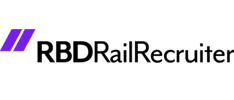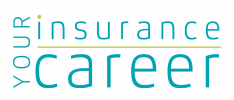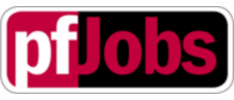Thinking About a Career Change: A Guide to Financial Services
The financial services industry offers a variety of jobs and career paths; it’s a broad term and can cover just about all roles concerning aspects of money from basic banking to insurance, accountancy and specialisms such as fund managing and compliance.
Finance and money is something businesses are constantly concerned with, and much of their activity is in not only acquiring money, but managing it properly. The advent of tech such as flexible POS (Point of Sale) systems enables quicker and more effective financial transactions.
Finance professionals such as bankers, financial advisers and accountants are an important part of most business’s professional support and are trusted experts fulfilling vital roles – a career in the industry can have an important commercial influence.
What area of financial services to enter?
How far you are into your present career may inform whereabouts you look to enter the industry; graduates often ‘lock onto’ a specific area and gear their post graduate activities (such as internships) towards satisfying the recruitment requirements of the financial services field they’re interested in.
Some areas may be harder to access for the more mature career changer, and maybe training may take too long if you’d find it impractical to take a large income drop while doing so.
For example, accountancy takes some while to become fully qualified so time may not be on your side. That said, your decision to retrain and re-skill may be influenced by an interest you have in a certain area.
Perhaps you may have developed an interest in compliance? This is an area where specific expertise is required; the finance industry is heavily regulated and becoming more so.
Roles to consider in financial services
Financial planning – working for a particular institution such as a bank, insurance or investment company or smaller practice, you’d advise customers on products to help them achieve their financial goals.
Training is required, of course, and may be provided by a company recruiting new staff – it’s a field open to the more mature entrant. Back in 2009, an article in ‘Forbes’ found well over 80% of financial planners had worked in a different field previously.
The accent is largely on people skills as you’re doing a lot of face-to-face interacting.
Insurance – helping individuals and businesses adequately insure themselves; sometimes these are sales-oriented roles or can be more ‘back office’ environments such as in computing risk and rates.
Investment banking – an exciting environment but known for long hours and, at times, high stress so it’s important to enjoy competitive conditions. Former sports people often suit this well as they’re used to competition and a ‘cut and thrust’ environment.
Banking and related fields
Maybe getting into revenue generating roles may be closed to you because of age, but there are various other related areas you can break into, such as tech. For example, if you’ve worked in certain fields as a programmer then banks may be keen to hire you – there again you may be keen to try something quite different from programming.
Check out these points about moving into banking when you’re a 30-something career changer.
Connections, networking and making the transition
Firstly, while career changing is more common than it used to be, when people worked in the same industry and maybe the same company all their working lives, it’s important to avoid the pitfalls that changing direction can entail.
If you have connections within the financial services industry, then it pays to try to use them; recruitment agencies tend to purely focus on matching the organization’s need with the skills and experience of the candidate. As a career changer you may need to try to get employers to assess you based more on life experience and ‘crossover’ potential from other fields with your transferable skills.
Perhaps people you know can help you get in front of the relevant people; even if there aren’t openings right away, a well-timed meeting with an influencer could pay dividends when opportunities do arise.


 0845 436 0136
0845 436 0136

















